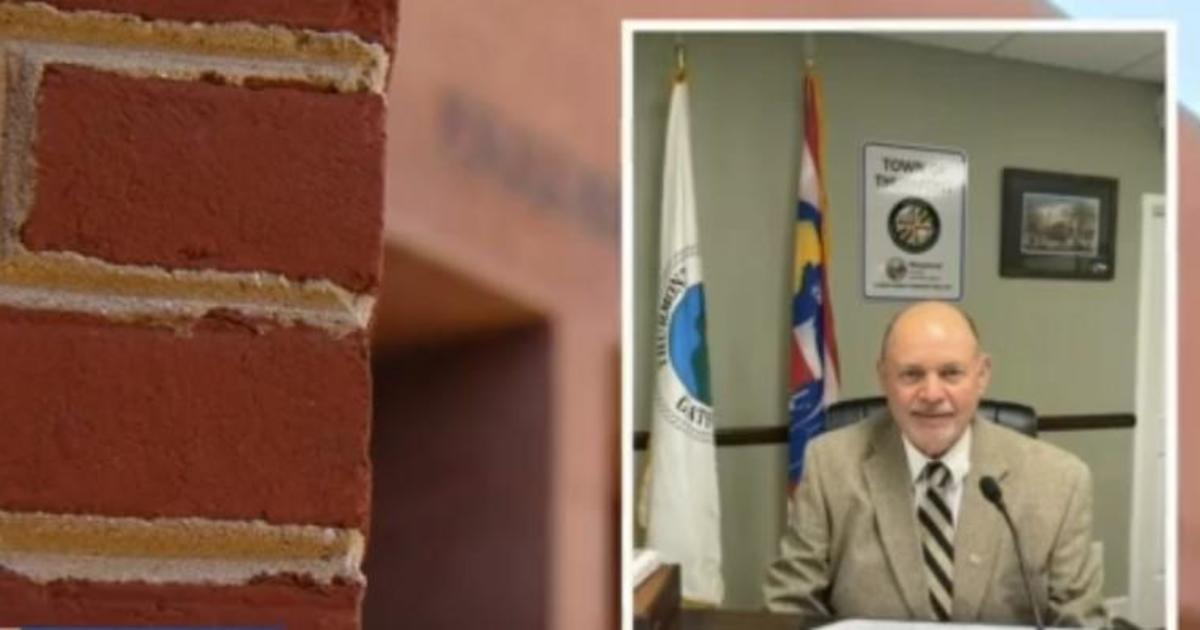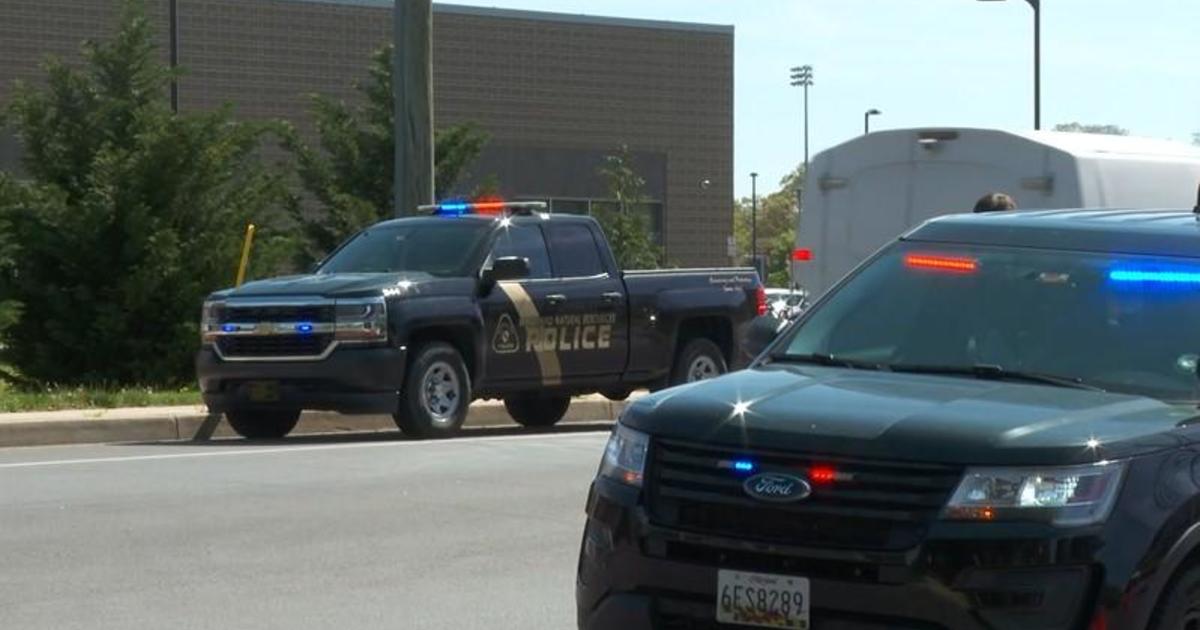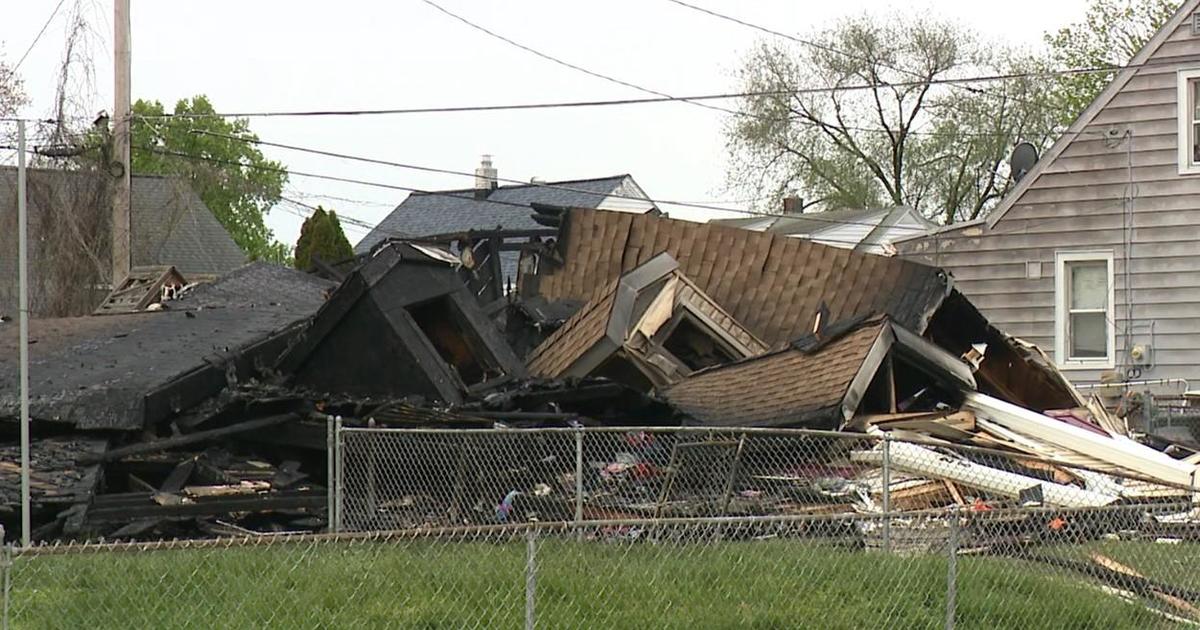Keeping Kids Safe At Summer Camps, Programs
By Drew Fidler, Baltimore Child Abuse Center staff
The recent news story from CBS Morning Show about child sexual abuse at summer camps has sounded the alarm for families around the country. It is difficult to listen and not worry about where you are sending your child, or worrying about your camp, and wondering what you can do to protect children and make institutions safer.
At Baltimore Child Abuse Center, we are campers at heart. We believe in the power of camp. We also believe that the health and safety of children should be the highest priority of any camp or child care institution. That is why BCAC developed a national training model that has been employed by 45 camps in 12 states to educate counselors and camp staff about their responsibilities as mandated reporters, how to recognize signs and symptoms of abuse, how to minimize the risk of abuse at camp, and how to work with kids in a way that is safe. Through scenarios and other educational methods BCAC works with camp staff to help them understand what to do if and when they suspect abuse has occurred, they see something, or have a concern about a child. It takes a village to protect a child, and it takes a village to allow a child to be abused.
So, what can camps do to protect the children in their care? Start asking tough questions when you are hiring and letting prospective employees know that child protection is a priority and abuse will not go undetected, unnoticed, and unreported.
Review your policies and procedures – how does your camp respond to suspicions or allegations of abuse, who can staff go to, do they know what their duty is to report out to the local authorities and how to do that. Train your staff to recognize, respond, and report abuse – staff should know if they see something say something. Check your environment to make sure there are not opportunities for isolation and hidden interactions. A good place to start is our Camp Self-Assessment.
What steps can parents take to ensure that they are sending their children to a safe place? Ask if staff have been finger printed and background checked. Inquire about the camp's policies and procedures for recognizing signs of abuse, reporting abuse, and enforcing healthy boundaries between staff and campers. Ask how they are training their staff to work with kids in a way that is safe and to minimize risk and incidents. Asking tough questions doesn't take the fun or the essence out of camp, it makes camp safer and allows for children to take healthy risks and get the most out of their summer.
Summer camp is sacred space and the relationship between counselor and camper is like no other. Kids need to be empowered to speak up, but the responsibility is on the adults and the institutions to step up and protect the children in their care. Guidance and training are critical to ensure that experiences for both the camper and staff are healthy and appropriate.



